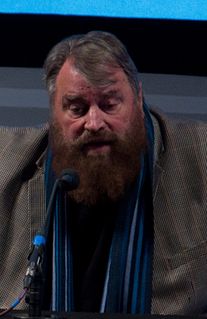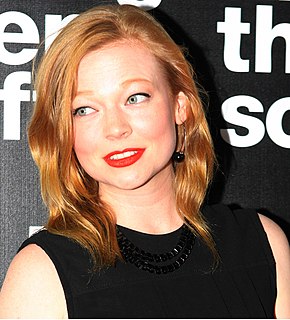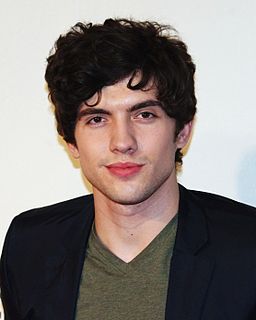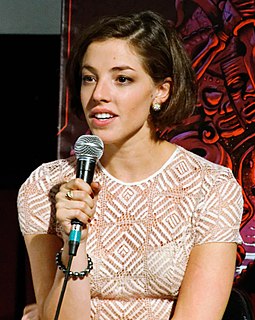A Quote by James Lipton
The difference - the fundamental difference between theater acting and film acting is that film acting is disjunctive.
Quote Topics
Related Quotes
I love acting in the theater,but I'm fascinated with acting on film. If it's a film or a play or whatever, if the writing is good and you really feel passionate about it, you just can't lose. You'll grow from it. Whether it's a success or not is neither here nor there; you're going to grow as an artist from this experience.
You don't have that interaction with the audience when you're acting for film; you're kind of acting in a vacuum. You're acting for a disinterested grip who just wants to reply to his wife about what time he'll be home for dinner. Everyone else on a film set is also there because they're paid to be there. They're not there because they're passionate about what you do necessarily.
I have to say, doing theater, that's what you're trained to do. Doing film, when I first started doing it, felt like something else entirely. It felt like the difference between, I don't know, waiting tables and painting a great work of art. It's night and day. I didn't feel like it was even acting.
When you're on stage, you're playing to whoever is in the back of the room, and TV and film is so much more detailed and nuanced, but I think that's what I always wanted to do. As much as I love theater and musical theater and would love to do it again, I really love the subtleties of film and theater acting.




































